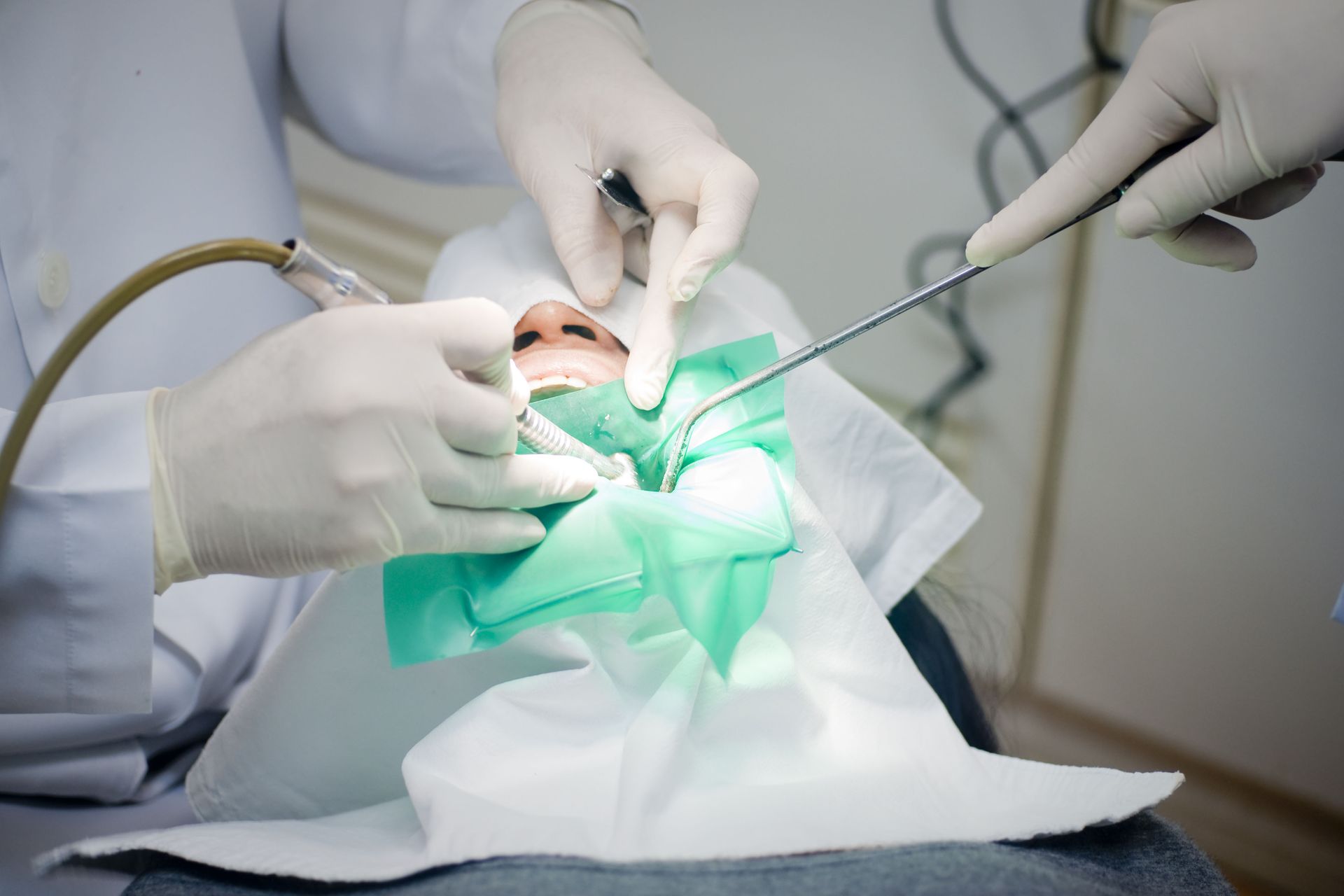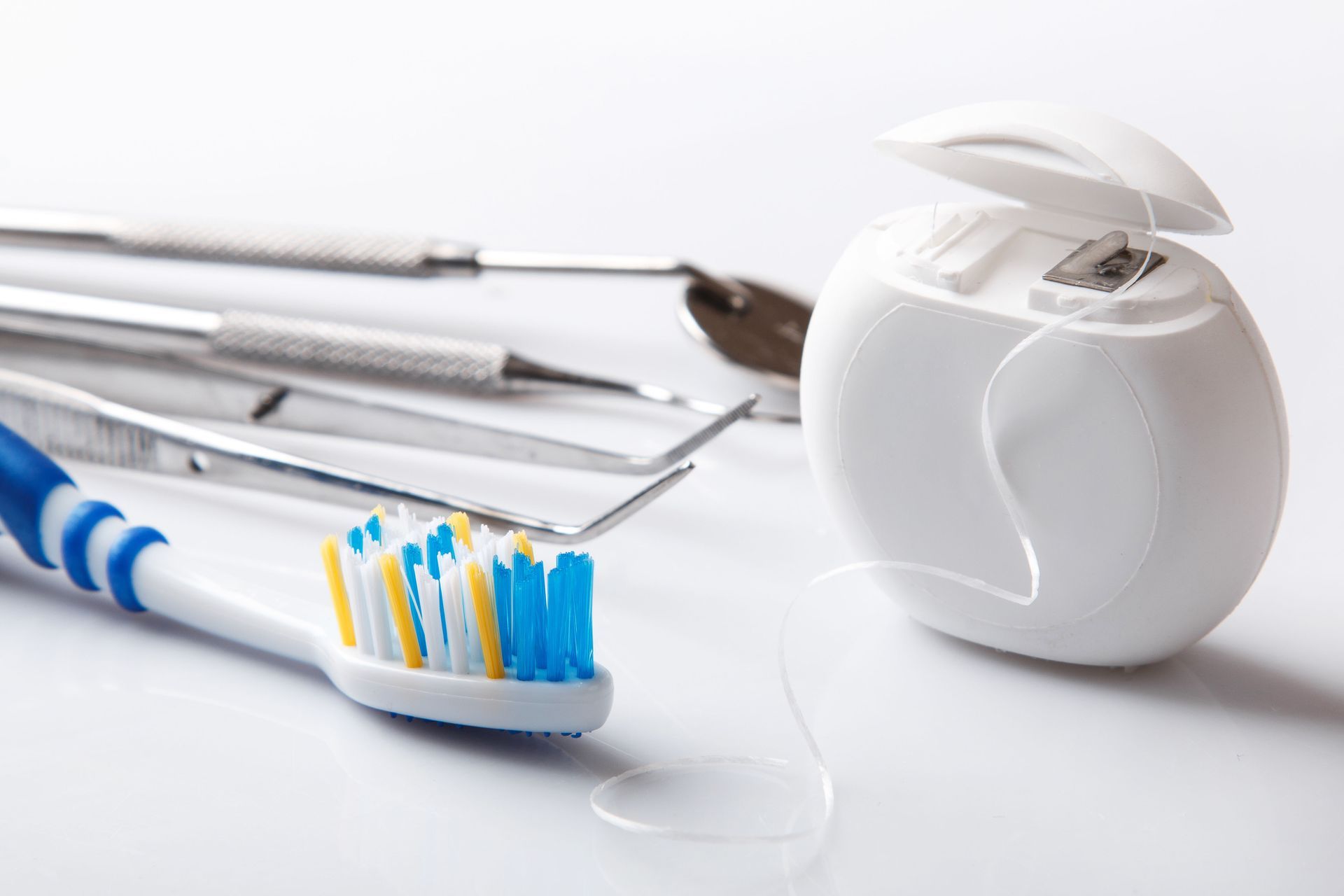The Basics of Maxillofacial Surgery
Do you have significant dental issues such as problems chewing or severe pain? You may need maxillofacial surgery. What is that, though? Read on to learn what you need to know about this type of surgery.
What Is It and What Do Practitioners Do?
The field of maxillofacial surgery has a pretty narrow focus in dentistry. Dentists in this field will work on fixing things like defects, diseases, and injuries around your face, jaw, or mouth. These specialists will correct issues with your jaw and lower face, the roof of your mouth, and your teeth. Their goal is to improve the function of your jaw and relieve pain. The way they do that is to see what is causing your chronic dental pain, fix your mouth for dentures, insert dental implants, take out impacted teeth, and treat oral disease.
Dentists can do procedures like bone grafting, reconstructing people's jaws, treating TMJ (this is a disorder that affects where the lower jaw attaches to the skull and can make chewing or talking difficult), and treating any traumatic injuries to their face, jaw, or mouth. Other things include fixing defects like cleft lips or palates, diagnosing why chronic facial pain happens, and diagnosing whether people have growths such as cysts and tumors.
Are Oral Surgeons and Maxillofacial Surgeons the Same?
You might hear these two terms used interchangeably. This is because they are the same profession. They undergo the same training. Some surgeons prefer to do their work in an office while others work in a hospital setting.
What Can You Expect Before Maxillofacial Surgery?
The surgeon will meet with you and look over your dental records. They will talk about your medical history and make sure that you have no conditions that might cause issues with the surgery. Then they will proceed.
Your surgery may be completed in one appointment, or it might require multiple visits. It depends on what kind of surgery you had. A wisdom tooth extraction, for example, usually has you in and out of the office quickly and you don't have to go back. If you're doing a dental implant, then you're going to be going back multiple times, since there are various stages to it. The surgeon will tell you everything that you need to know beforehand.
What Happens During the Surgery?
The surgeon will make sure that you're comfortable throughout the procedure. You might have a local anesthetic to numb the area and be awake throughout or you might be put under completely. It depends entirely on the exact procedure you're getting. Everything will be explained before the procedure, and the surgical team will make sure that you have not had any reactions to something similar in the past. You won't feel anything during, but you will need to prepare yourself for after.
What Should You Do After the Surgery?
The first thing you need to do is get home. You'll need to have someone drive you there, especially if you are put under. Your reflexes will be compromised. You want to avoid any accidents, so you should either arrange for a cab or have a family member drive you.
The important thing to do afterward is rest. That will help with the healing. Use over-the-counter painkillers if you need to manage any pain or discomfort. Avoid smoking since that can slow down any healing. Follow all the directions that the surgeon and their staff give you. While there might be some initial pain and swelling, it should go down in a day or two. If you find that it gets worse, then you need to contact the surgeon and have them look at it.
While this type of surgery is mostly routine and is performed by highly trained individuals, there are possible complications. They include dry socket, bleeding, infection, numbness, and pain. The surgeon may prescribe antibiotics as part of your recovery.
These are the basics when it comes to maxillofacial procedures. Are you interested in learning more about maxillofacial surgery, or do you need an oral surgeon? According to Zippia, there are 4,576 oral surgeons in the United States, but Jay I. Swanson, DDS, MD, FACS is your source for top-quality oral surgery. Call today to learn more.











Share On: